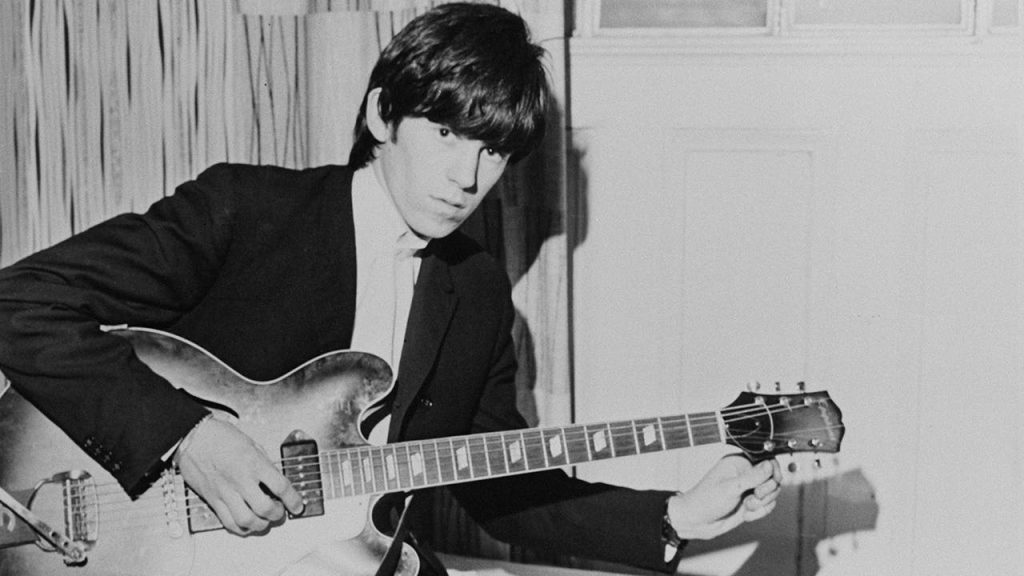In a historic moment on May 12, 1965, the Rolling Stones recorded their iconic rock anthem “(I Can’t Get No) Satisfaction.” The track, fueled by an electrifying buzzsaw riff captured by guitarist Keith Richards in his sleep, propelled the band from British blues rockers to global superstars. It topped the U.S. charts for four weeks and marked the first of eight No. 1 hits for the Rolling Stones, solidifying their place in rock history. The Library of Congress added the hit to the United States National Registry of Recordings in 2006, praising its rebellious lyrics, anti-commercial stance, and driving guitar riff.
The genesis of “Satisfaction” lies in Richards’ unconscious creation of the iconic riff. He woke up to find a cassette tape at the end, playing a three-note guitar riff and snoring thereafter. The Rolling Stones recorded the track at RCA Hollywood Studio, with Jagger providing lyrics that reflected youthful angst and sexual frustration. The song’s overt references to these themes led to censorship on TV, but it only added to its mythic reputation. Jagger later reflected on how the song encapsulated the feeling of alienation and sexual frustration prevalent during that time.
Richards never intended for his riff to make the recording, assuming a horn section would play it instead. He used a Gibson Fuzz Box to mimic saxophone sounds, creating a frantic, buzzing energy that became a signature part of the song. The fuzz box effect not only stuck but also popularized a new rock sound, causing Gibson to sell out of the gear quickly. The success of “Satisfaction” as the defining hit of the summer of 1965 taught Richards the value of teamwork in the creative process, as he realized not everything is designed for his taste alone.
The song’s impact extended beyond the Rolling Stones, with artists like Otis Redding and Devo creating their versions of “Satisfaction.” The Rolling Stones’ status as global superstars only grew, and they celebrated 60 years of music with a European tour in 2022. Richards, now 80 years old, is hailed as a guitar legend with his unique playing style and innovative use of the fuzz tone. Despite the colorful myths surrounding his life, Richards’ expertise on the guitar and his role in shaping rock history cannot be overlooked, as seen in his autobiography “Life.”
The lasting legacy of “(I Can’t Get No) Satisfaction” showcases the power of music to capture the zeitgeist of an era and resonate with audiences worldwide. The song’s rebellious spirit, infectious guitar riff, and raw energy have solidified its place in rock history as a quintessential rock anthem. The Rolling Stones’ journey from a British blues band to global rock icons is a testament to their enduring influence and ability to connect with generations of music fans. As they continue to perform and inspire audiences around the world, their music remains a timeless and essential part of the rock and roll canon.


